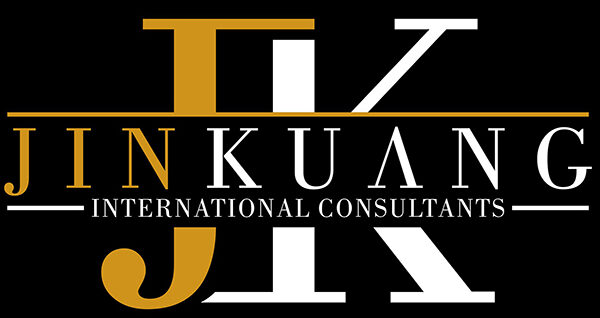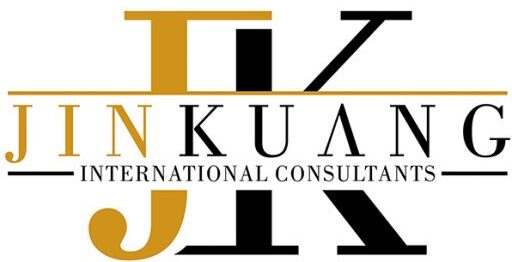The Pillar of Trust: Unveiling the Power of Honesty as a Core Business Value
In the dynamic tapestry of a business plan, where success is often measured by profit margins and market share, the concept of honesty emerges as a steadfast beacon. Beyond mere transactions and deals, honesty stands tall as a core value that not only defines the character of a business but also shapes its destiny. In this exploration, we delve into the profound significance of honesty as a core value, understanding why it matters, how it influences company culture, its impact on client relationships, and ultimately, how it becomes a catalyst for sustainable business success.
The Essence of Honesty in Business:
At its core, honesty in business transcends the simple act of truth-telling. It embodies transparency, integrity, and a commitment to ethical conduct. Honesty, as a core value, is not just a moral virtue; it is a strategic imperative that resonates throughout the organization, influencing decision-making, shaping relationships, and fostering a culture of trust.
Why Honesty Matters:
1. Trust Building: Honesty is the bedrock upon which trust is built. In an environment of honesty, clients, employees, and stakeholders can rely on the integrity of the business. Trust, once established, becomes the currency of enduring relationships.
2. Ethical Decision-Making: Honesty guides ethical decision-making. When honesty is embedded in the fabric of a business, leaders and employees are more likely to make choices that align with moral principles, even when faced with challenging situations.
3. Employee Morale: A culture of honesty positively impacts employee morale. When team members perceive that honesty is valued, they are more likely to be engaged, satisfied, and committed to the success of the organization.
4. Brand Reputation: The honesty of a business is often reflected in its brand reputation. Companies known for their transparency and integrity attract a positive perception in the market, fostering customer loyalty and attracting like-minded partners.
Influencing Company Culture:
The influence of honesty on company culture is profound, shaping norms, attitudes, and behaviors within the organization:
1. Open Communication: A commitment to honesty fosters open communication. In an honest culture, employees feel empowered to voice their opinions, share concerns, and contribute ideas without fear of reprisal.
2. Accountability: Honesty and accountability go hand in hand. In a culture that values honesty, individuals are more likely to take responsibility for their actions, admit mistakes, and work collaboratively to find solutions.
3. Innovation: An honest culture encourages innovation. When employees feel safe to express creative ideas and perspectives, innovation flourishes, driving the company forward in a rapidly evolving business landscape.
4. Collaboration: Honesty fosters a sense of collaboration. When individuals trust that their colleagues and leaders are honest in their intentions, collaboration becomes natural, creating a cohesive and supportive work environment.
Importance to Client Relationships:
1. Client Trust: In the client-business relationship, trust is paramount. Honesty is the cornerstone of building and maintaining trust with clients. Businesses that operate with transparency and honesty establish themselves as reliable partners.
2. Long-Term Partnerships: Clients are more likely to form long-term partnerships with businesses that demonstrate honesty. Longevity in client relationships is a testament to the enduring value of honesty in sustaining fruitful collaborations.
3. Customer Loyalty: Honesty breeds customer loyalty. When clients perceive that a business is honest in its dealings, they are more likely to remain loyal, advocate for the brand, and contribute to the business’s long-term success.
Impact on Business Success:
1. Sustainable Growth: Honesty contributes to sustainable business growth. A reputation for honesty attracts quality clients and partners, creating a foundation for enduring success in a competitive marketplace.
2. Risk Mitigation: An honest approach helps in mitigating risks. Businesses that are transparent about challenges, potential risks, and uncertainties are better equipped to navigate complexities and adapt to changing circumstances.
3. Employee Retention: Honesty plays a role in employee retention. In an environment where honesty is valued, employees are more likely to stay with the organization, reducing turnover costs and maintaining a stable, experienced workforce.
4. Positive Work Culture: A culture of honesty contributes to a positive work environment. When individuals feel secure in their workplace and trust their colleagues and leaders, they are more motivated, leading to increased productivity and overall business success.
In the ever-evolving landscape of business, honesty stands as a timeless value that transcends trends and economic cycles. It is the pillar upon which trust is built, the catalyst for a positive company culture, and the driving force behind enduring client relationships. Businesses that embrace honesty as a core value position themselves not only for immediate success but for sustained growth and resilience in the face of challenges.
Honesty is one of Jin-Kuang’s Core Values and Mission Statement. This is something we not only believe in, but have in our blood!
References:
1. Ferrell, O. C., Fraedrich, J., & Ferrell, L. (2013). “Business Ethics: Ethical Decision Making & Cases.” Cengage Learning. Amazon Link: https://www.amazon.com/Business-Ethics-Ethical-Decision-Making/dp/1285423712
2. Sisodia, R., Sheth, J. N., & Wolfe, D. B. (2007). “Firms of Endearment: How World-Class Companies Profit from Passion and Purpose.” Amazon Link: https://www.amazon.com/Firms-Endearment-World-Class-Companies-Passion/dp/0131873725

